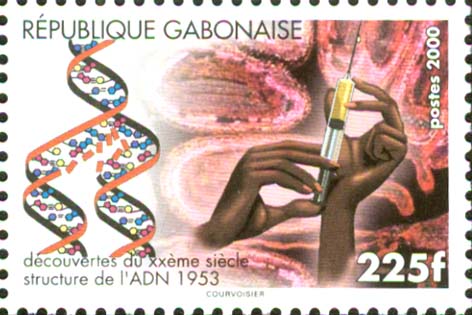This misunderstanding is the “one gene, one protein” hypothesis from 70 years ago, which stated that each gene codes for a single protein. However, the Human Genome project completed in 2002 failed dramatically to identify one gene for every one protein in the human body, forcing researchers to look to epigenetic factors — namely, “factors beyond the control of the gene” – to explain how organisms are formed, and how they work. According to Thierry Vrain, a former research scientist for Agriculture Canada: “Genetic engineering is 40 years old. It is based on the naive understanding of the genome based on the One Gene – one protein hypothesis of 70 years ago, that each gene codes for a single protein. The Human Genome project completed in 2002 showed that this hypothesis is wrong. The whole paradigm of the genetic engineering technology is based on a misunderstanding. Every scientist now learns that any gene can give more than one protein and that inserting a gene anywhere in a plant eventually creates rogue proteins. Some of these proteins are obviously allergenic or toxic.”
In other words, genetic engineering is based on an extremely oversimplified model that suggests that by taking out or adding one or several genes, you can create a particular effect or result. But this premise, which GMO expert Dr. Philip Bereano calls “the Lego model,” is not correct. You cannot simply take out a yellow piece and put in a green piece and call the structure identical because there are complex interactions that are still going to take place and be altered, even if the initial structure still stands.
Source: The Liberty Beacon, 10 August 2013
http://www.thelibertybeacon.com/2013/08/10/former-pro-gmo-scientist-spe…

- Login om te reageren
